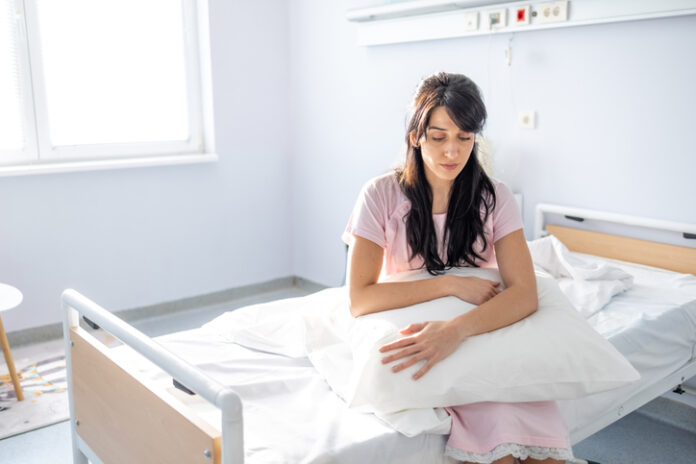
Results from a study led by the National Taiwan University show that taking benzodiazepines during pregnancy for anxiety or insomnia can increase a woman’s chance of miscarriage.
“Psychiatric and sleep disorders are common during pregnancy. Benzodiazepines, possessing anxiolytic and hypnotic properties, are thus widely prescribed to pregnant women for the treatment of anxiety and insomnia,” write Fei-Yuan Hsiao, a professor at the National Taiwan University, and colleagues in JAMA Psychiatry.
A study published in 2021 suggested that around two percent of pregnant women in the U.S. were prescribed benzodiazepines during pregnancy over the last 15–20 years with the trend increasing over time.
This trend is concerning as there is increasing evidence showing benzodiazepines can be damaging to a growing fetus. “When used during pregnancy, benzodiazepines can readily cross the placental barrier and accumulate substantially in embryo and fetal tissues. Given their potential role in cell proliferation and differentiation processes, it is plausible that benzodiazepines may cause fetal developmental abnormalities,” write lead author Hsiao and co-investigators.
Some earlier studies have suggested a link between benzodiazepine use and increased miscarriage risk, but a lack of clinical trials with pregnant women and characteristics such as differences in the severity of anxiety and insomnia, comorbidities, economic status, and genetic factors, among other things, in observational studies make the risk hard to quantify.
This large case-control study attempts to accurately assess the risk linked to benzodiazepine treatment during pregnancy and account for all possible confounders. The researchers used Taiwan’s National Birth Certificate Application database and the National Health Insurance database, and the study included 3,067,122 pregnancies that occurred between 2004 and 2018, 136,134 (4.4%) of which ended with miscarriage. Each woman who miscarried was matched 1:1 with a woman who did not miscarry and who had a similar demographic and prepregnancy health status.
After accounting for measured and unmeasured confounders, such as genetics and family environment, the study investigators found that taking benzodiazepines during pregnancy increased the risk of miscarriage by 69% on average compared with not taking them. The team also looked at individual drugs within this class and found a consistent link with miscarriage, although some benzodiazepines increased risk more than others. For example, alprazolam increased miscarriage risk 1.39-fold and fludiazepam 2.52-fold.
“In this study, benzodiazepine exposure during early pregnancy showed a significant association with an increased risk of miscarriage after accounting for measurable confounders, and results were unlikely to be due to unmeasured confounding,” conclude the authors.
“The observation of an increased risk of miscarriage associated with benzodiazepine use during pregnancy suggests that benzodiazepines should only be used after a thorough evaluation of the potential benefits and risks for both the mother and child.”













